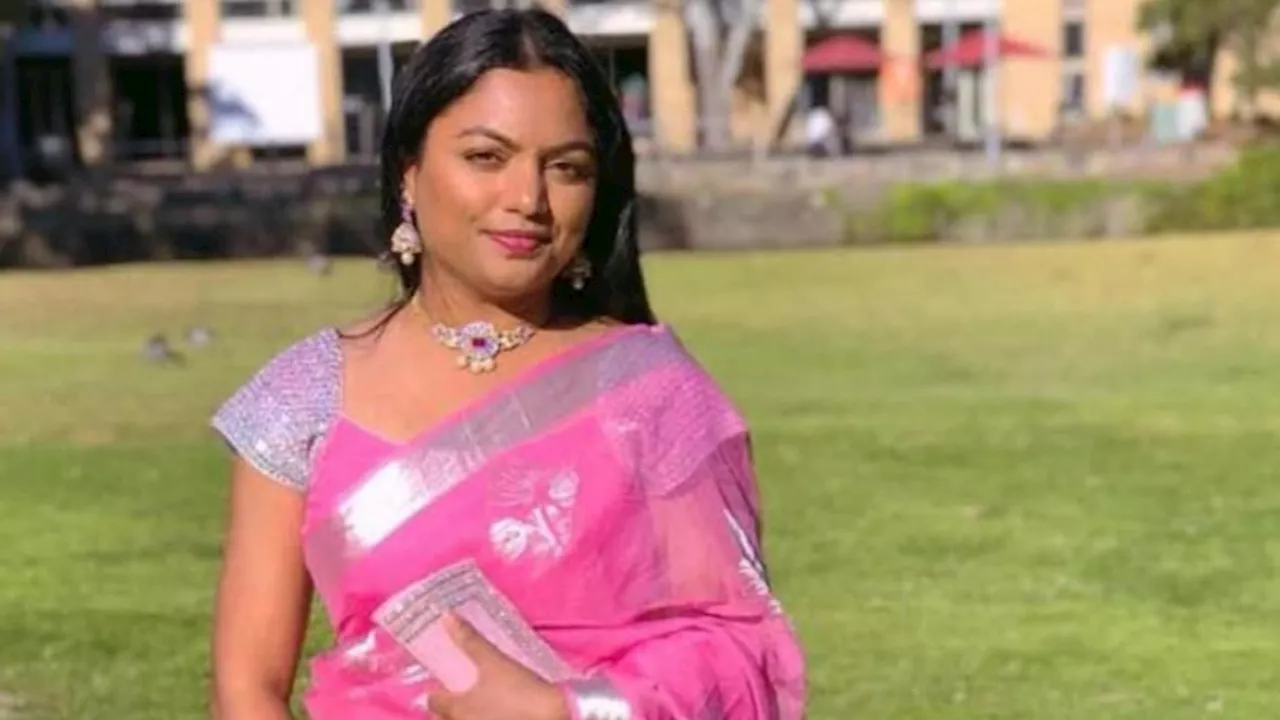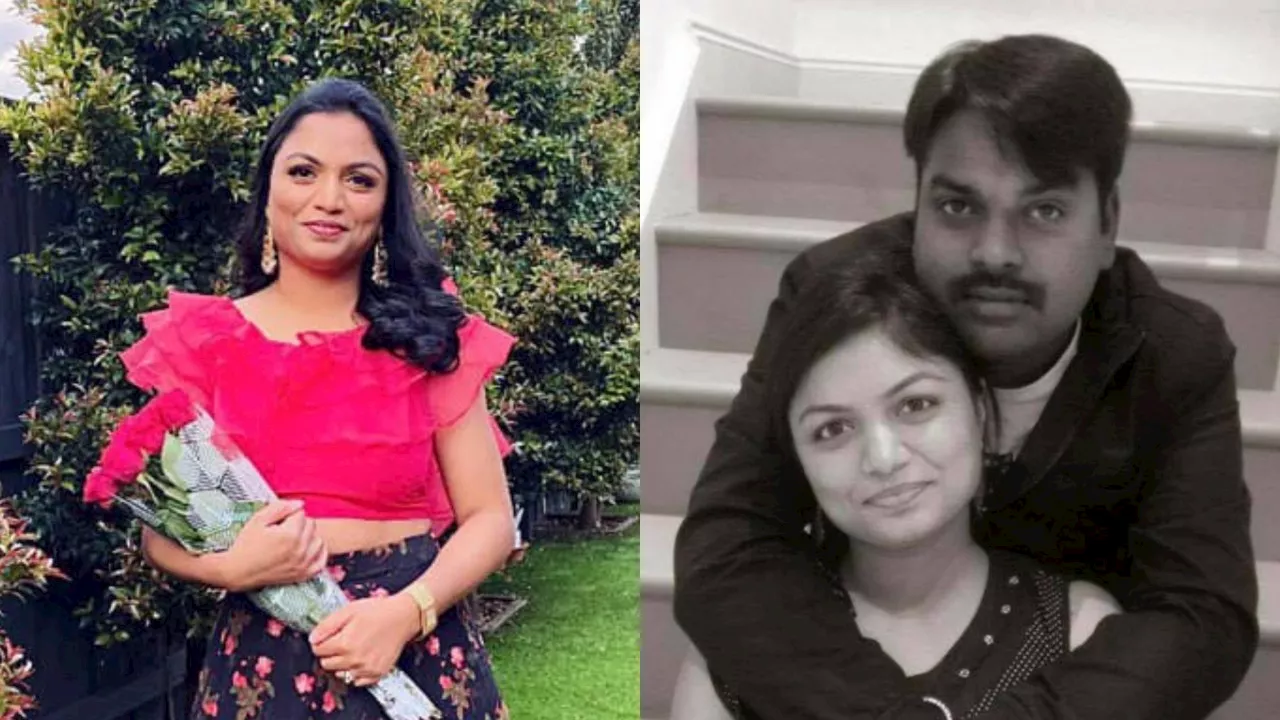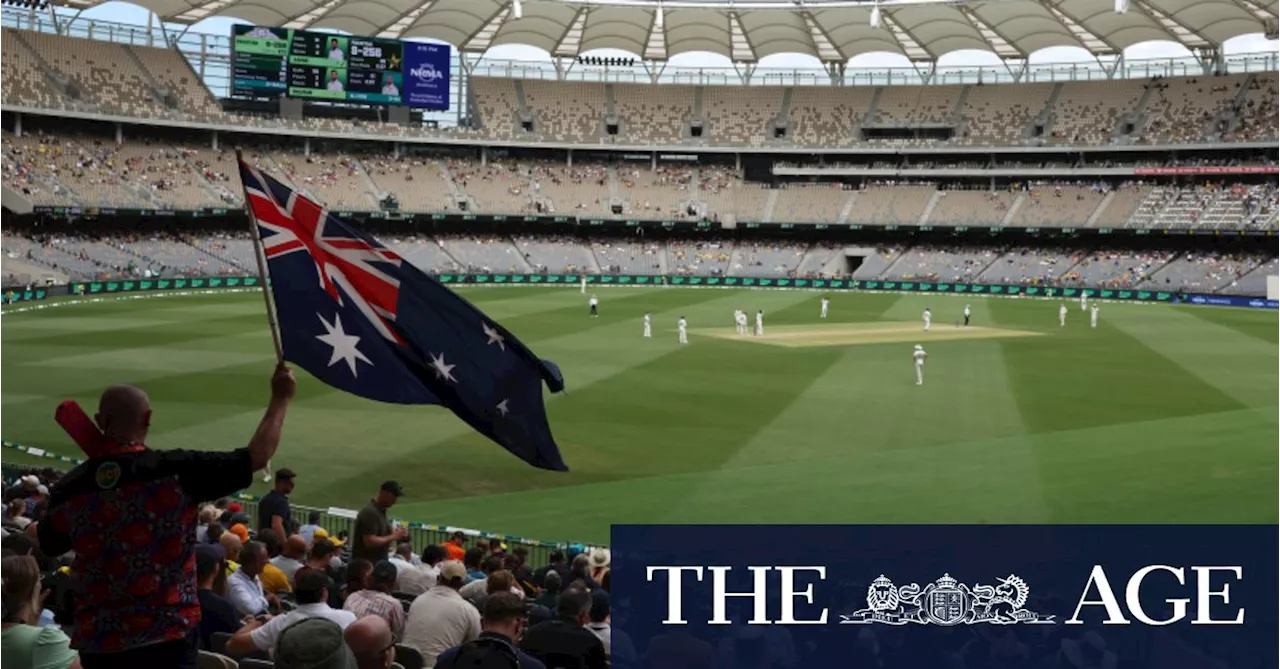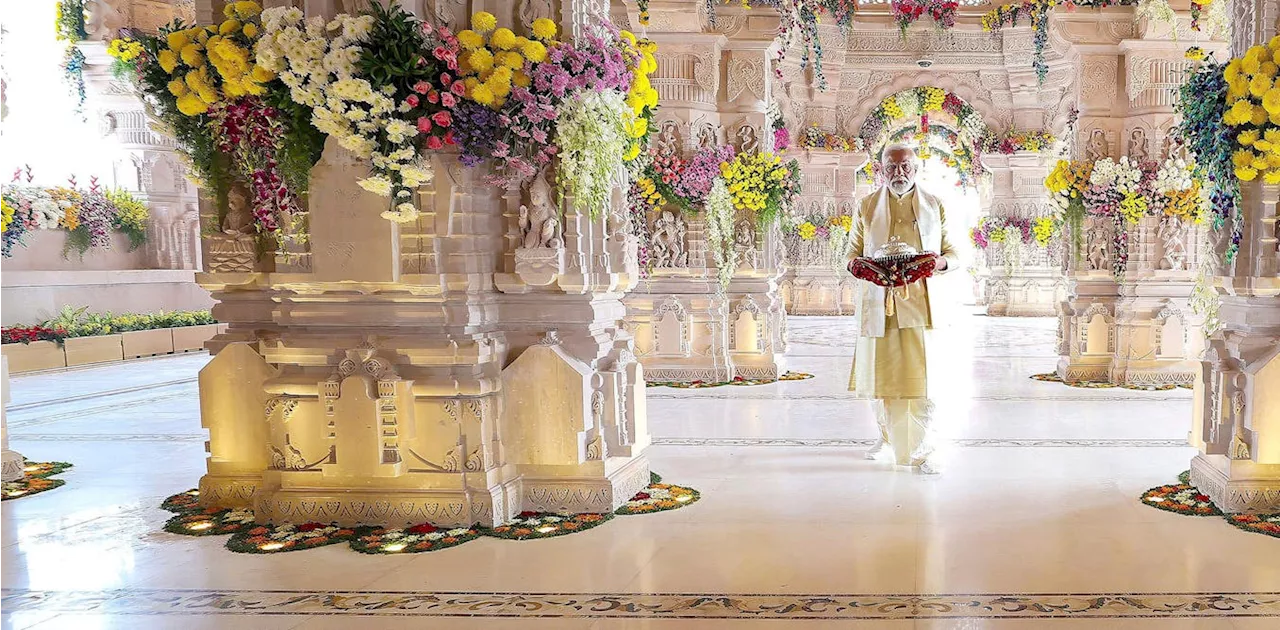Over the past decade, I have documented the erosion of India’s once robustly democratic legal system as part of Prime Minister Modi’s ‘authoritarian playbook’
On a crisp winter morning in February 2023, I meet one of my South Delhi neighbours, a lawyer in India ’s supreme court, in a local cafe. As an avid promoter of religious minority rights, known for his commitment to the principles of equality that were enshrined in the constitution after India gained independence in 1947, I am taken aback by the gravity of the fears this lawyer reveals to me over coffee.
This isn’t about transparency. This is yet another instance of this government trying to erode the rule of law from within. Soon, we will be a country run by legal mafia authoritarianism. Since first coming to power in 2014, Modi and his right-wing Bharatiya Janata Party have embarked on an agenda of majoritarian Hindu nationalism. Led by the ideology of Hindutva, which perceives India’s history to be inextricably linked with Hindu religious practice, and with the help of a hand-picked committee of advisers, they have pursued a vision of India as a country run by Hindus for Hindus.
In Modi’s Hindutva version of India, law now exists on two parallel planes. Constitutionally, it remains a secular democracy, committed to the idea of social and political equality. Yet on the level of policing, judicial interpretation, and – increasingly – legislatively, Indian state law has become a site where majoritarian Hindutva ideologies have reshaped ideas of justice and belonging.
To make matters more confusing, Tara is a devout Hindu. He belongs to India’s Dalit community, the lowest in the Hindu caste hierarchy. In his village, many Dalits worship a local Hindu deity, Ramdev Pir – a legendary warrior of the high-ranking Rajput caste who was said to be close to his adopted sister, a Dalit, and therefore is revered both by upper-caste Rajput and Dalit Hindu groups .
A prominent human rights lawyer in Delhi describes Tara’s treatment as the “Hindutva reinterpretation of criminal terminologies”. The British Raj introduced section 153 of the Indian penal code to prevent public unrest between different religious communities.
Hindus attacking marginalised groups is no longer discrimination in India. But stating that powerful Hindu groups are attacking minorities is now hate speech or incitement. But the most blatant anti-minority legislation is the 2019 Citizenship Act , which denies Muslim immigrants in India the same citizenship pathways as other religious groups. Couched in the language of national protection and Hindu rights, the CAA was quickly declared a “fundamentally discriminatory” law by the UN Commissioner for Human Rights.
The impact of the Delhi riots on Muslim communities across India has been profound. According to a Muslim lawyer who works in the supreme court, the introduction of the CAA and subsequent Delhi riots sent not one but several messages to Indian Muslims. In April 2023, I returned to Delhi from the UK to conduct ethnographic work on hate speech hearings in the Indian supreme court. I found an apartment in a neighbourhood where many lawyers had their chambers, and soon established a network of local advocates who fed me information about ongoing cases and relevant supreme court hearings.
By the end, no one could even remember that this case was about stopping calls for genocide against Muslims. This is what the government does: create chaos, ignore proper legal procedure, and delegitimise courts through a theatre of distractions. He went on to claim that the supreme court had showed “such a complete disrespect for evidence in that case, in order to validate Hindu demands, that almost quit altogether”. The lawyer sighed heavily:
Critics of the Ayodhya judgment argue that it gave prominence to the beliefs of one section of the population, and privileged a mythic Hindu version of Indian history over what scientific evidence indicated – thus signifying a new direction in Indian politics and law. “We still see glimpses of an independent Indian judiciary,” the senior lawyer told me when we last spoke in November 2023, “but they are becoming fewer by the day … I worry that soon our constitutional courts will fall silent.”
Therefore, our Indian constitution is infused with the spirit of equality and social justice for everyone. The preamble says: ‘We, the people of India, secure justice, liberty, equality and fraternity for all citizens.’ All citizens – not just Hindus. The attempt to make India a Hindu nation and bend law to this agenda is unconstitutional.
Hindu Hindu Temples Hindutva India Indian Constitution Insights Series Law Lawyers Legal System Narendra Modi
Australia Latest News, Australia Headlines
Similar News:You can also read news stories similar to this one that we have collected from other news sources.
 India star’s return locked in after horrific injuries in near-fatal crashCricket: Josh Inglis produces a spectacular catch to dismiss the dangerous Marcus Harris on Day 2 of the Marsh Sheffield Shield between Victoria and Western Australia
India star’s return locked in after horrific injuries in near-fatal crashCricket: Josh Inglis produces a spectacular catch to dismiss the dangerous Marcus Harris on Day 2 of the Marsh Sheffield Shield between Victoria and Western Australia
Read more »
 Father of Chaithanya Madhagani wants her body returned to IndiaThe father of Chaithanya Madhagani, whose body was found in a wheelie bin in Victoria's south at the weekend, says he is desperate for her remains to be repatriated to India.
Father of Chaithanya Madhagani wants her body returned to IndiaThe father of Chaithanya Madhagani, whose body was found in a wheelie bin in Victoria's south at the weekend, says he is desperate for her remains to be repatriated to India.
Read more »
 Husband of mum found dead in bin ‘travelled to India to confess to killing her’The parents of a Melbourne mother whose body was found in a wheelie bin have reportedly claimed their son-in-law turned up at their doorstep in India to confess to suffocating their daughter.
Husband of mum found dead in bin ‘travelled to India to confess to killing her’The parents of a Melbourne mother whose body was found in a wheelie bin have reportedly claimed their son-in-law turned up at their doorstep in India to confess to suffocating their daughter.
Read more »
 Perth to host first Test of blockbuster India series next summerPerth will be the big winner when Cricket Australia announces the schedule for next summer’s India Test series, while Adelaide and Brisbane will miss out on their preferred timeslots.
Perth to host first Test of blockbuster India series next summerPerth will be the big winner when Cricket Australia announces the schedule for next summer’s India Test series, while Adelaide and Brisbane will miss out on their preferred timeslots.
Read more »
